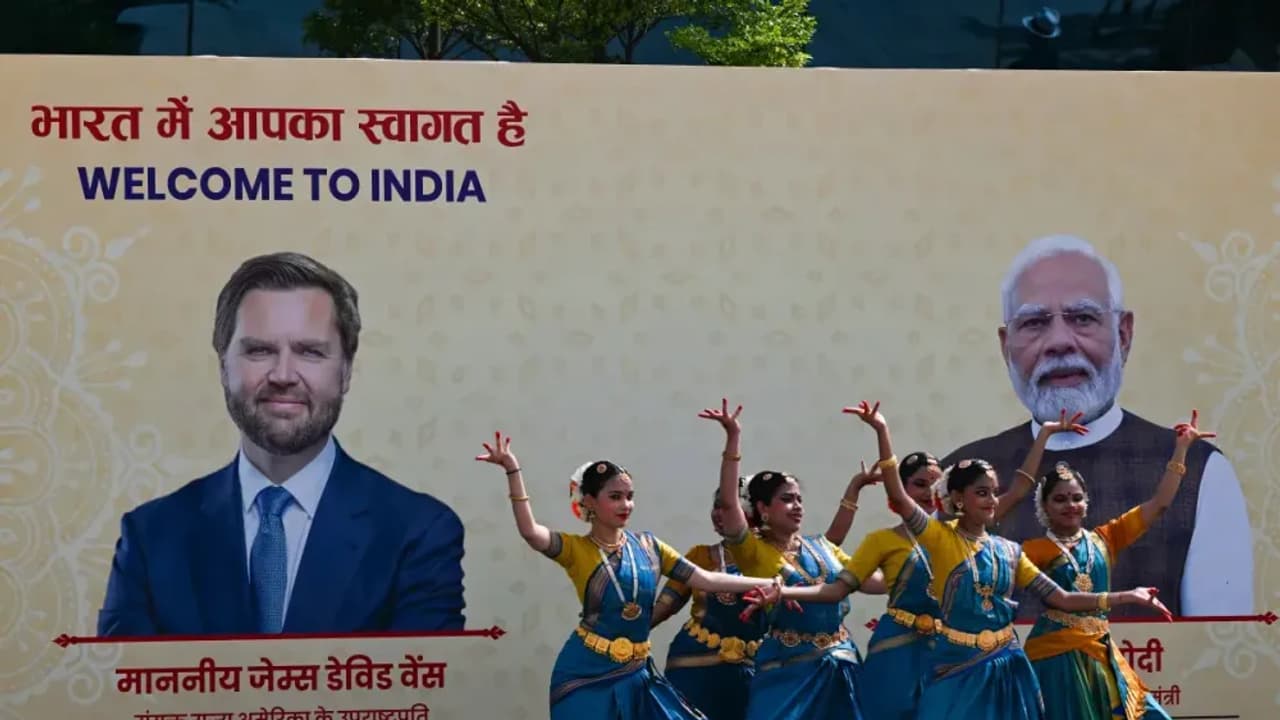Amazon has been present in India for over a decade, while Walmart entered the local e-commerce market in 2017 with its $16 billion purchase of Flipkart.
The Trump administration intends to press India to give online retailers Amazon.com and Walmart full access to its e-commerce market as part of trade negotiations, according to a Financial Times report that quoted industry executives, lobbyists and US government officials.

New Delhi is currently negotiating new terms with Washington after the U.S. imposed — but temporarily paused — sweeping tariffs, including a 26% import duty on India-manufactured goods.
Amazon.com (AMZN) has been present in India for over a decade, while Walmart (WMT) entered the local e-commerce market in 2017 with its $16 billion purchase of Flipkart.
Local rules allow U.S. e-commerce companies to operate only as online marketplaces for others to sell their products. Their Indian competitors can produce, own, and sell goods through their platforms.
Washington calls this a “non-tariff barrier”, alongside limits on foreign direct investment in retail.
In addition to Indian curbs on inventory, U.S. retailers have faced repeated product inspections by the Bureau of Indian Standards, according to the FT report.
Walmart chief Doug McMillon has reportedly brought up the issue in his meetings with Trump, the FT said, quoting an industry executive aware of the details.
Indian e-commerce has surged in recent years, drawing billions in foreign investment as consumers embraced the ease of shopping from home with minimal delivery costs.
The market has since shifted toward quick commerce — delivery in under 30 minutes — which is on display in the fierce battle for market share between upstarts like Swiggy and Zepto, and established e-commerce giants.
Arvind Singhal, the founder of Indian business consultancy Technopak Advisors, told the FT that the U.S. has been trying to open up India’s market, but been “stymied successfully”.
Foreign investment is welcome, but not at the cost of distorting India’s retail sector, Praveen Khandelwal, the general secretary of a key merchants' trade group, was quoted as saying in the report.
The FT report comes as U.S. Vice President JD Vance tours India. On Monday, he met with Indian Prime Minister Narendra Modi, where the two sides made progress in trade negotiations, according to an official statement.
Any shift in e-commerce policy will likely impact India’s Reliance Industries, owned by billionaire Mukesh Ambani, who is also known to have close ties to Prime Minister Modi.
For updates and corrections, email newsroom[at]stocktwits[dot]com.<
